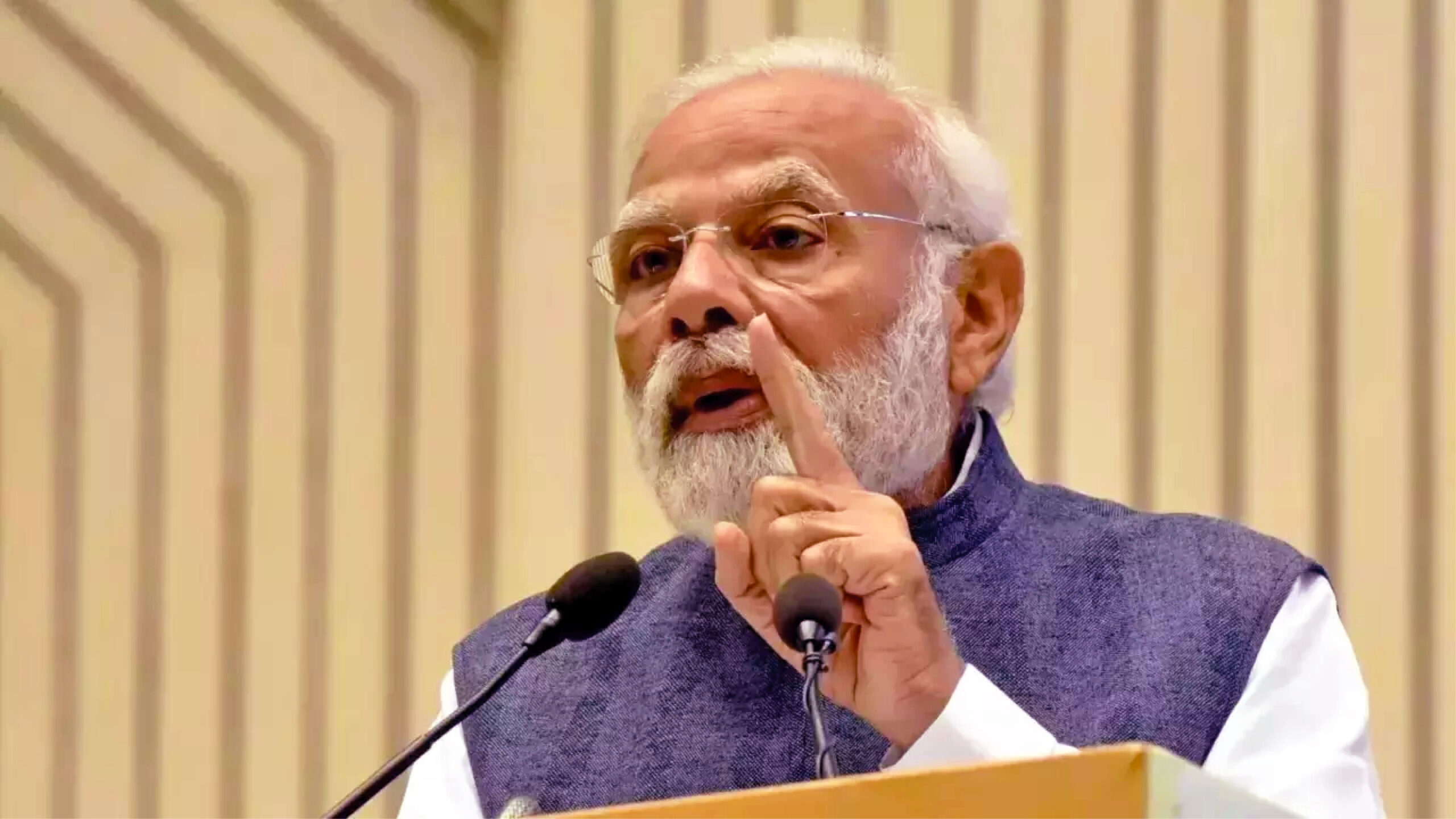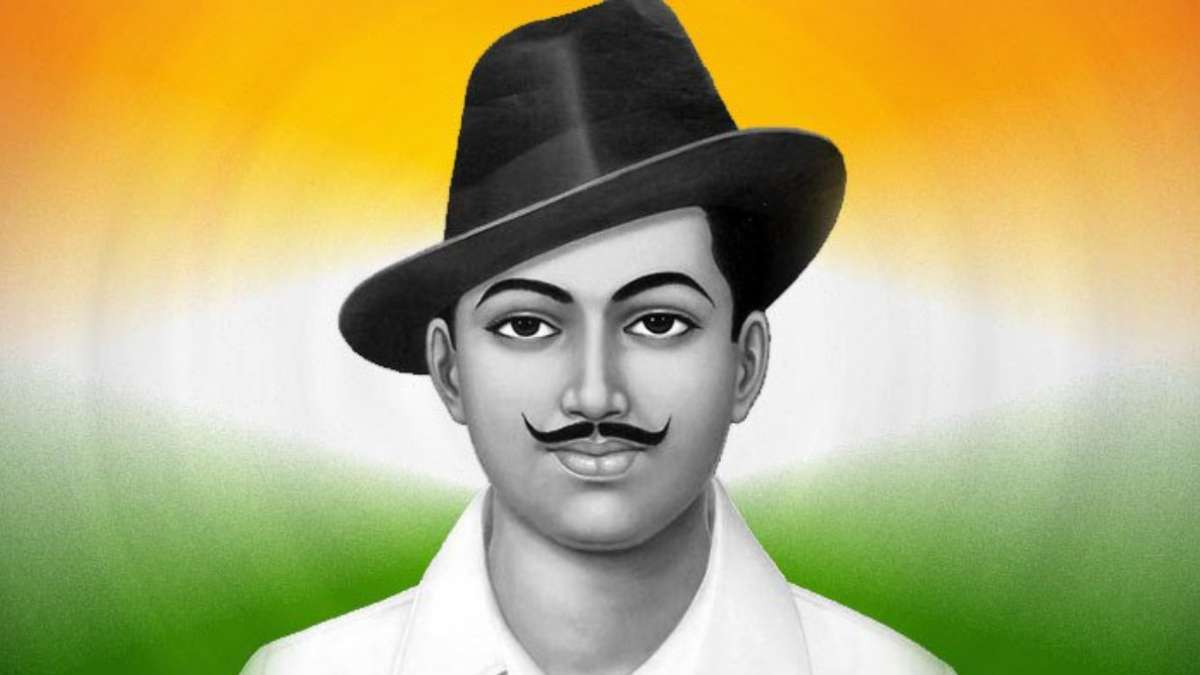The education is the crucial element of democracy. It empowers people for good and civilised life. It also empowers them for their conscious participation in democracy. Such participation of Indian people in democracy ensure their hissedari in democratic power and dignity. This conscious democratic awareness of public transform them in to an agency which may speed up the process of development of the country. The education also contributes in the process of nation making. The quality education produces quality human resource in the country which may work as an anchor of development. In the history of development of the western world tells us the importance of education in transforming the society.
Since Prime Minister Narendra Modi has visualised and set a goal for Viksit Bharat in 2047, nation needs quality human workforce as facilitators of the mission of Viksit Bharat. To cultivate an innovative, dedicated and quality educated youths and students as human work force of Vikasit and Shresth Bharat, PM Narendra Modi-led BJP government brought New Education Policy-2020. The NEP-2020 is an effort to make Indian education as world class education with innovative and quality content.
For the inclusion of meritorious but economically incapable students under the purview of quality education, the Government is working on various support measures. The policies to provide economic support to the students in many ways-such as provision of free education, scholarships, fellowships and education loans are already successfully working. Recently, the Union cabinet of Government of India led by Prime minister Narendra Modi recently passed a special education loan scheme named-PM Vidya Laxmi Scheme for the inclusion of economically weaker meritorious students in the purview of quality education in India, in this scheme meritorious youths and students who are aspiring for getting education in 860 highly ranked in NRF institutions located in public and private sector will get guarantee free and collateral free loan. This student-friendly loan will be given in simple way, in student-friendly and digitally processed system. In the beginning of it, it may bring around 22 lakhs student in this purview of special loan. It may benefit the students who are aspiring for entering in higher education. This scheme is evolved as support system of NEP-2020 and it is a part of Modi ki guarantee promises made by Bhartiya Janata Party.
For the financial year 2024 to 25 to the amount of 2030 -2031, 36,00 crores have been allotted for this scheme. It is estimated that lacs of new students may be benefitted for this scheme. The economically weaker students will get loan 3 percent lass than other on the loan of 10 lakhs. The students from technical and commercial side will get preference in this special loan system. It is mentionable students from the family which has less than 4.5 lakh annual income are already getting interest free education loan under previous arrangements.
This policy may provide capability to the meritorious student to dream and aspire for getting good quality education. This will open the door of such high-quality institutions to the economically poor youths and students of the country. As we know that the government facilitated loans of less interest rate as social welfare schemes contributed a lot in empowering marginals, Dalits, backwards and disadvantageous communities in big way in post independent era. Many social communities developed their own economic capacity and acquire social -economic mobility by taking help of bank loans in last few decades. In this way government facilitated loans of less interest rates helped in deepening democracy in the country. It also fastens the process of development which provided social-economic mobility to the dis- privileged section of India. During PM Modi regime these support schemes implemented in largest scale. But there is no research study available for their quality impacts on communities, youths and students of India.
Baba Saheb Ambedkar had perceived education as empowering and liberating instrument for marginals and economically weaker section in society. But for that we need to bring weak near education and education near to weak and vulnerable sections. Such government-led schemes may certainly provide the students and youths of socially-economically weaker section a capacity to aspire for taking quality education in best institutions of the country. This capacity to aspire may convert in capacity to acquire by the support of this special loan scheme recently passed by union cabinet of government of India. Hopefully the number and budget of this schemes may extend in coming financial years. The NEP-2020 creates possibilities of multiple inclusion of various economically dis empowered students and youth in the sphere of higher education and for that country needs such social support schemes for its successful implementation.
The government India is not only working on the pedagogic part of NEP-2020 but also trying buildup economic support structure for the wider student community of Indian society.










